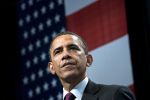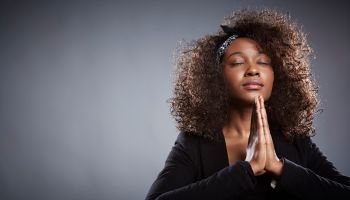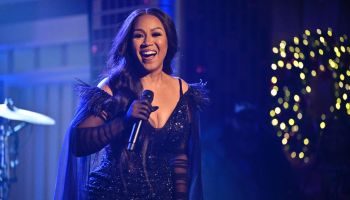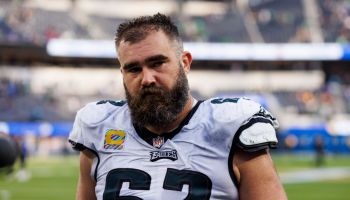(VIA POLITICS DAILY) LITHONIA, Ga. — Under a sparkling blue sky, thousands of worshipers in cars and SUVs streamed into the mall-like parking lots at the New Birth Missionary Baptist Church, a sprawling campus just off I-20 in this suburb of Atlanta.
It was Sunday morning, and for the African-American families flocking to services that meant it was time for church, just as it had for generations of black Christians who had found in the pews not only a sanctuary from a hostile world, but also a platform for communal action to make their lives better.
The Rev. Dr. Martin Luther King, Jr., whose birthday the nation commemorates on Monday, was a product of the black church, and the black church has arguably done as much as any Christian community to inspire the soul and culture of modern American society. It has supplied the prophetic language that has driven the nation’s ongoing reconciliation with the original sin of slavery, and it helped form the character of Barack Obama, the nation’s first African-American president and an orator with the delivery of a black preacher.
Yet New Birth Missionary Baptist — with 25,000 members who generously bankroll high-living pastors and high-tech services — is also emblematic of what many in the African-American community see as a profound crisis in black Christianity, or even the “death” of the black church.
One objection is that this prominent Georgia megachurch preaches a money-centered “prosperity gospel” that traditional African-American clergy consider a betrayal of their faith’s legacy of sacrifice and social justice. This focus on personal financial gain represents a kind of cultural conservatism that is spreading among black churches, critics say, and signals a concern for the success of each individual congregation rather than the national community.
In addition, New Birth’s charismatic leader, Bishop Eddie Long, is under intense scrutiny for allegations that he used his position as a spiritual counselor to coerce at least four men into sexual relationships while they were teens, giving them cars and cash in return. Long and his representatives have denied the charges, saying only that Long — who said he takes pride in being called “Daddy” by the congregants — was just serving as a mentor to the teenagers and did not engage in sex with them.
Long, who is 57 and married (and an opponent of gay rights) freely admits that he is “not perfect.” But he is also not about to step aside from his pulpit, and, more importantly, his congregation has rallied to his side.
“Of course we support him,” a congregant who gave his name only as Roger said after a nearly three-hour service of rollicking music and praise for Long, and insistent appeals for donations — appeals that were repeatedly answered as thousands streamed up to the pulpit to lay wads of cash in a growing pile on the stage.
“We’re just men. We have no right to judge,” Roger said. “Whatever happens is between you and God.”
“He’s doing what God anointed him to do,” agreed his wife, Eleanor, as they pushed a stroller with their 1-year-old grandson. “This is a little thing,” she said of the charges. “There are so many big things to worry about.”
That’s not how a lot of other voices in the black church see clergy like Eddie Long.
“They’re pastors, but they’re really in the Halloween costume of a Fortune 500 CEO. And in the process they’re trick-or-treating the people,” Jonathan L. Walton, an assistant professor of African-American religion at Harvard Divinity School, told an appreciative audience three days earlier at Ebenezer Baptist Church in downtown Atlanta.
To read more go to: http://www.politicsdaily.com/2011/01/15/is-the-black-church-dead-debate-flares-among-african-american-c/?icid=maing|main5|dl1|sec1_lnk5|36747&a_dgi=aolshare_email










